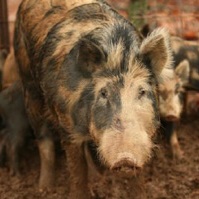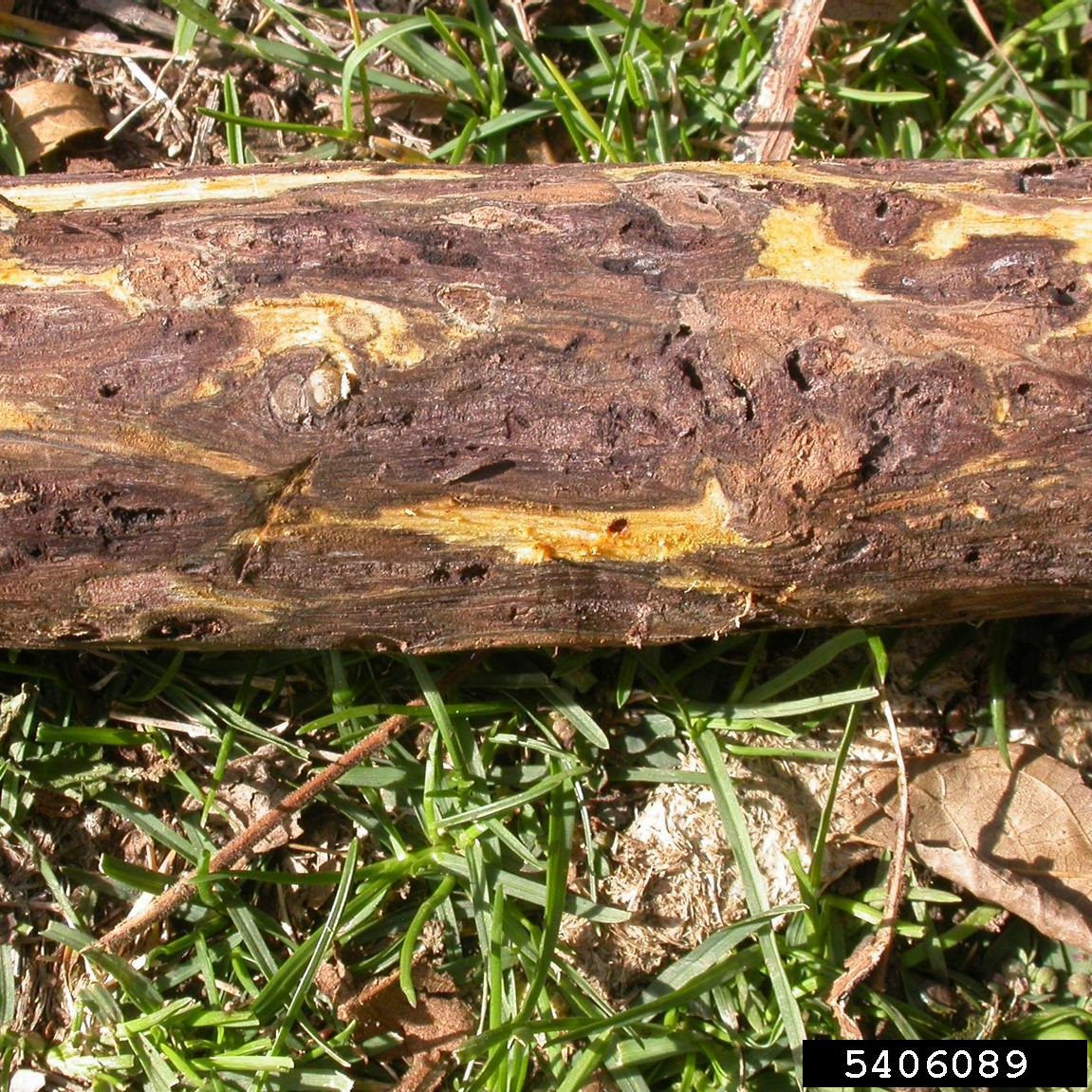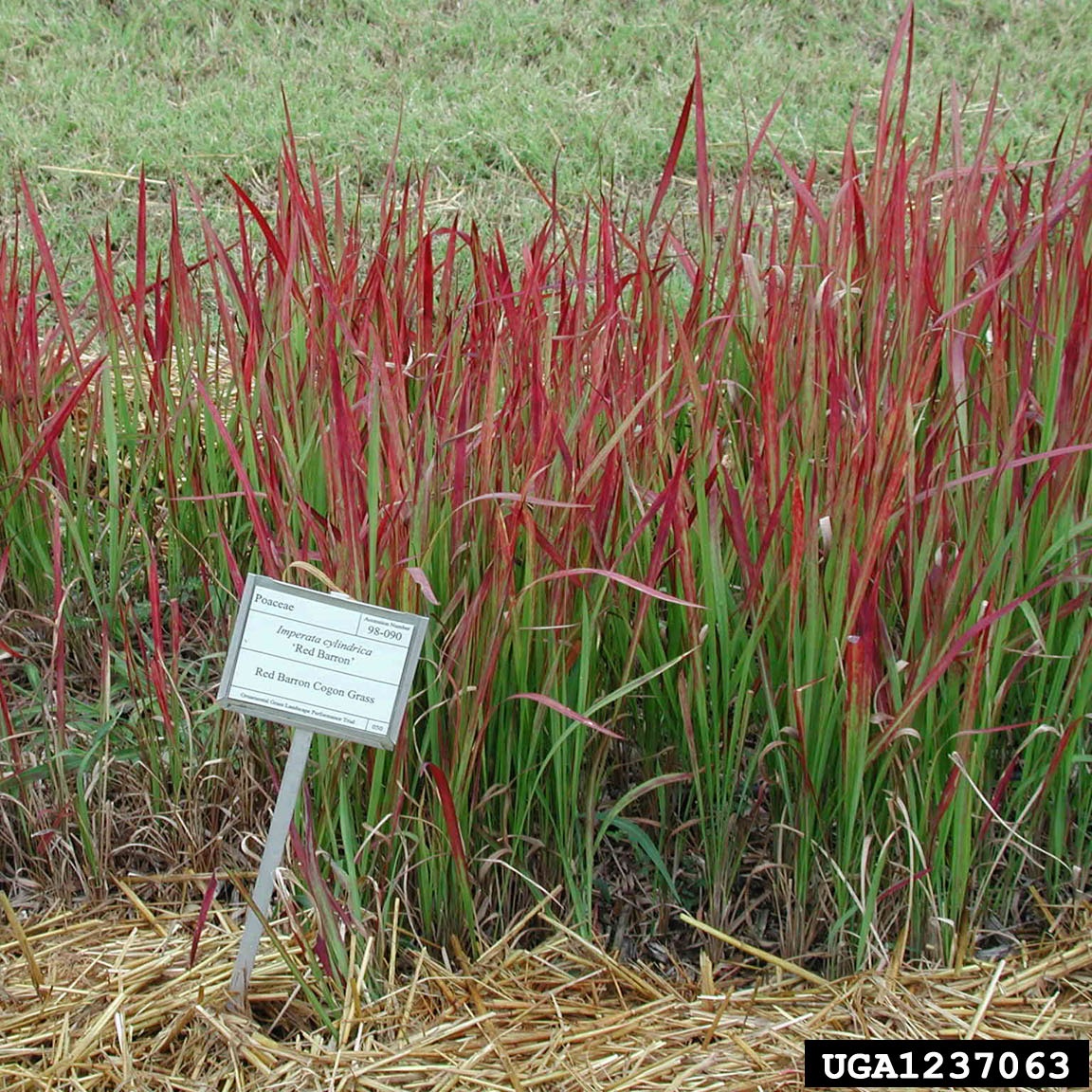Contacts

Rebecca McPeake
Professor/Ext Spec-Wildlife
Phone: (501) 671-2285
Email: rmcpeake@uada.edu
Office:
University of Arkansas System Division of Agriculture
Cooperative Extension Service
2301 S. University Avenue
Little Rock, AR 72204

Jon Zawislak
Instructor
Phone: (501) 671-2222
Email: jzawislak@uada.edu
Office:
University of Arkansas System Division of Agriculture
Cooperative Extension Service
2301 S. University Avenue
Little Rock, AR 72204
Invasive Insects in Arkansas
What insects cause problems for us? What kind of problems do they cause? What can we do about the problems these invasive insects cause? The links below lead to information about an array of invasive insects in our state.
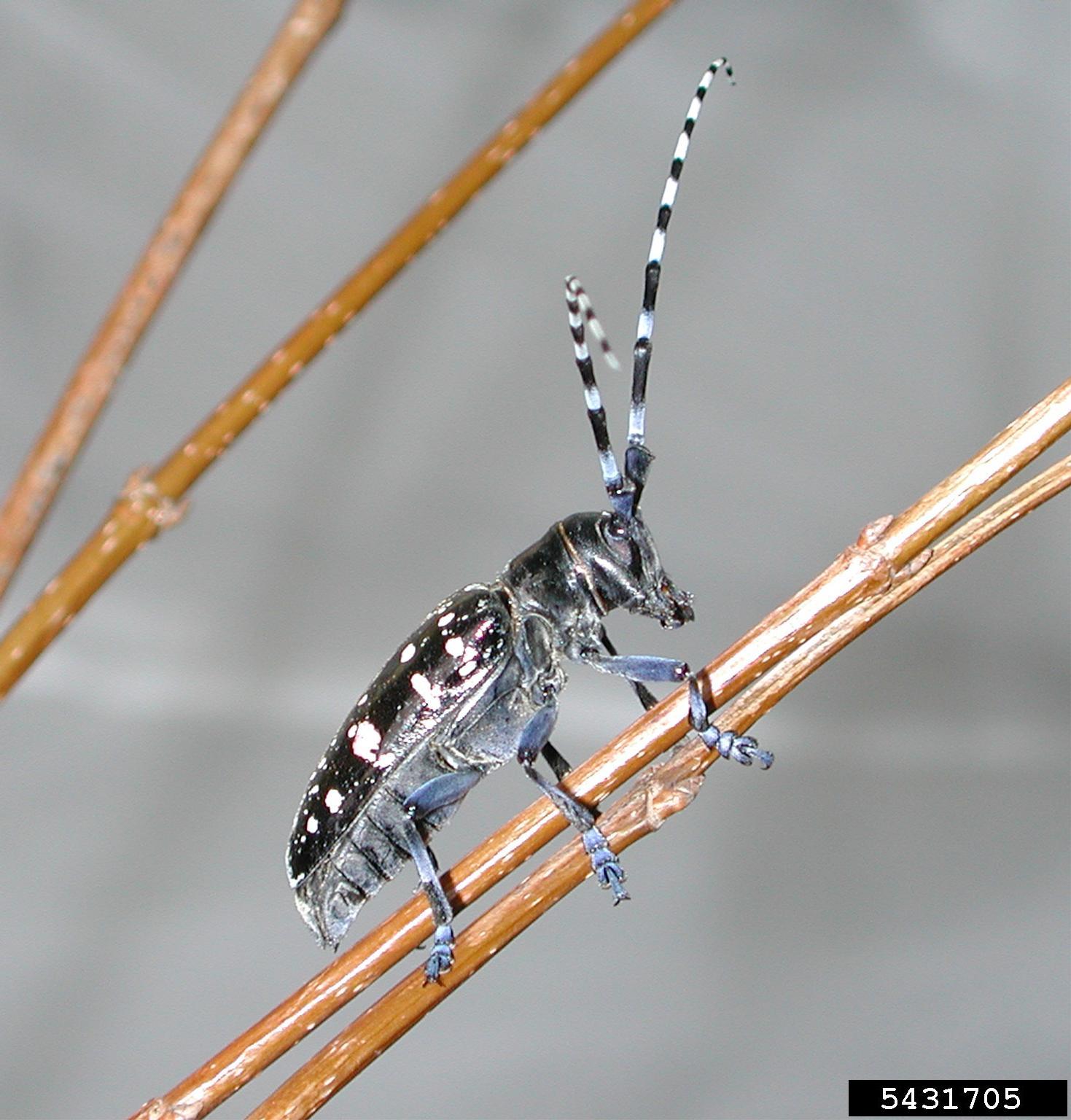 |
Asian Longhorned BeetleAsian longhorned beetle is an invasive insect from Asia. It has not been found in Arkansas yet; however, it could arrive at any time hidden in packing crates. Asian longhorned beetle attacks and kills many of the hardwood trees that create Arkansas’ uniquely diverse wildlife habitat. Image: Melody Keena, USDA Forest Service, Bugwood.org Learn more about the Asian longhorned beetle |
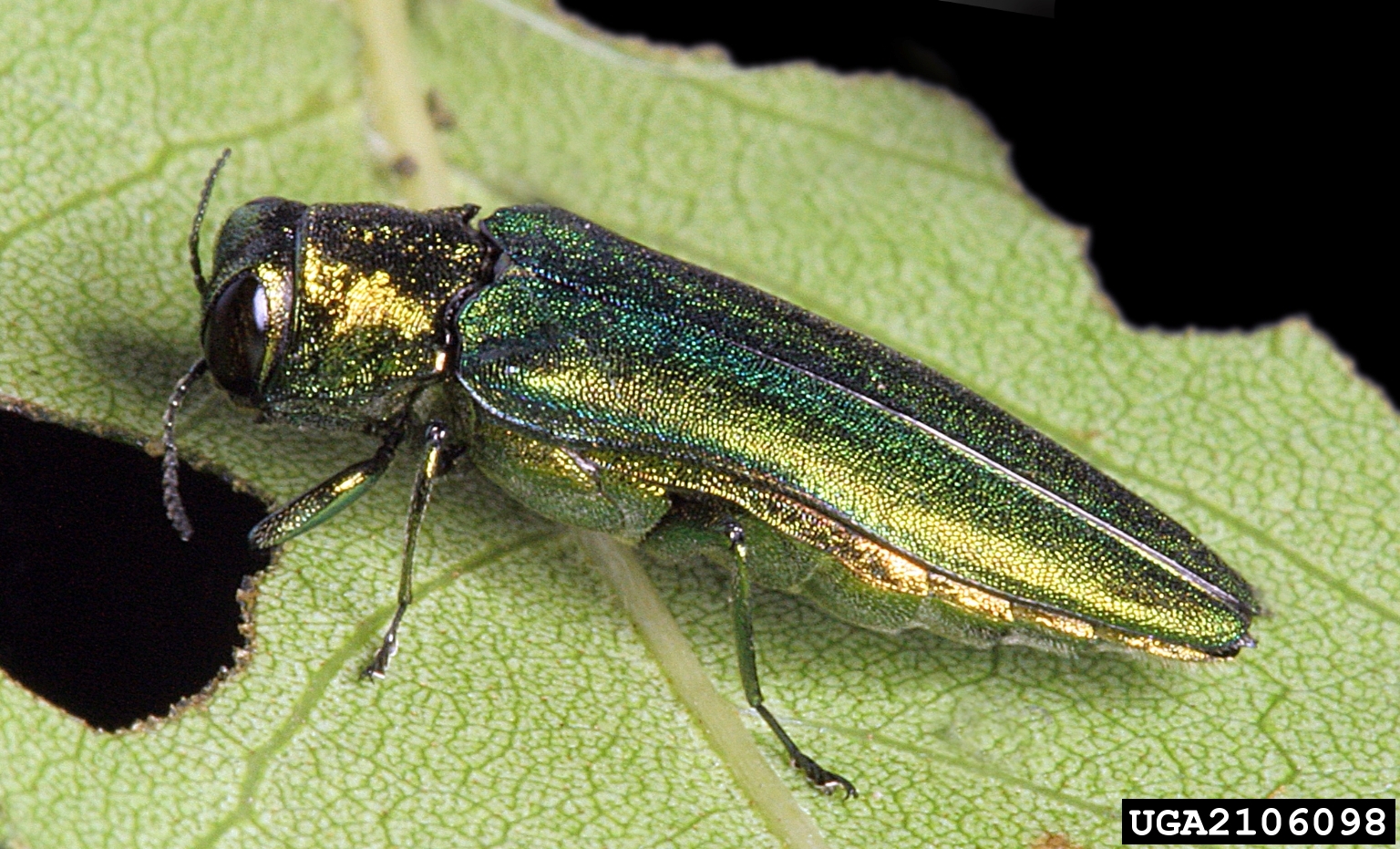 |
Emerald Ash BorerEmerald ash borer is an invasive insect from Asia. It was discovered in southwest Arkansas in 2014. This pest kills essentially all of the ash trees it infests. Ash, a valuable hardwood in our forests, will likely be all but eradicated from Arkansas. Image: Debbie Miller, USDA Forest Service, Bugwood.org |
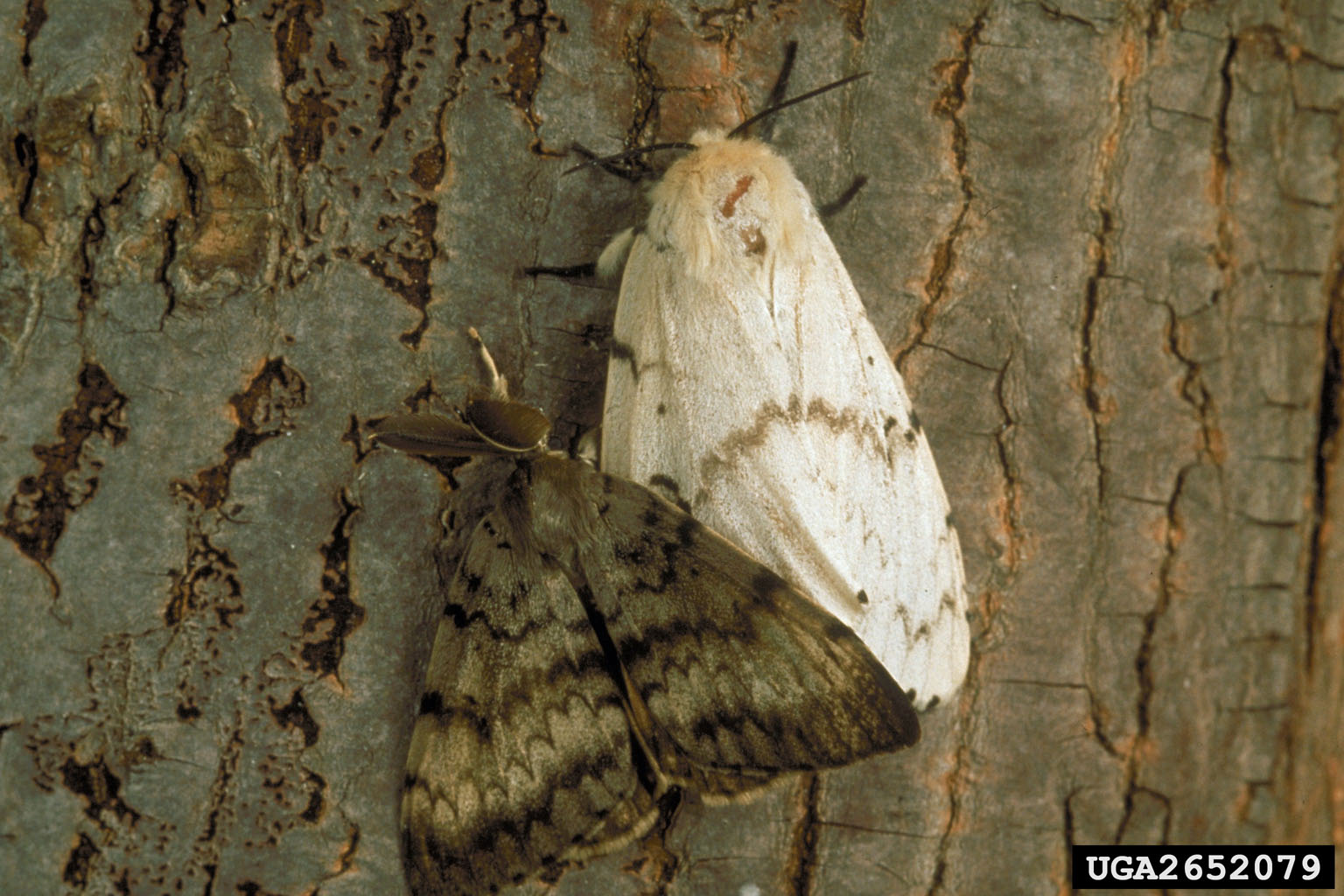 |
Gypsy MothGypsy moth was introduced to the U.S. from Europe in 1868 in an effort to breed a better silk worm. Some of the gypsy moths escaped and have been spreading toward Arkansas since then. Arkansas has occasional confirmed reports of gypsy moth, most recently in the summer of 2012. Image: USDA APHIS PPQ , USDA APHIS PPQ, Bugwood.org Learn more about the gypsy moth |
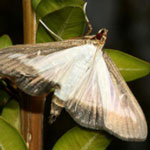 |
Box Tree Moth in ArkansasThe U.S. Department of Agriculture’s Animal and Plant Health Inspection Service (USDA-APHIS) is looking to find all infested boxwoods and destroy them as soon as possible before these devastating moths have a chance to become established. Image: Matteo Maspero and Andrea Tantardini, Centro MiRT ‐ Fondazione Minoprio, Italy. |
Additional Invasive Pests
|
|
Invasive AnimalsView list of invasive vertebrate pests Image: Clint Turnage, USDA-APHIS Wildlife Services |
|
|
Invasive DiseasesImage: Ned Tisserat, Colorado State University, Bugwood.org |
|
|
Invasive PlantsSee a list of invasive plants threatening Arkansas Image: David Teem, Auburn University, Bugwood.org |
Publications
-
Attack of the Invasive Species
A fact sheet from the APHIS Plant Protection and Quarantine section describing the invasive pest problems and solutions. - Invasive Pests - Plants
A poster featuring some of the invasive plants and diseases impacting Arkansas.
- Invasive Pests - Animals
A poster featuring some of the invasive insects and animals impacting Arkansas - Invasive Pests - Fighting Back
A poster featuring some of the things we can do to fight invasive pests.
